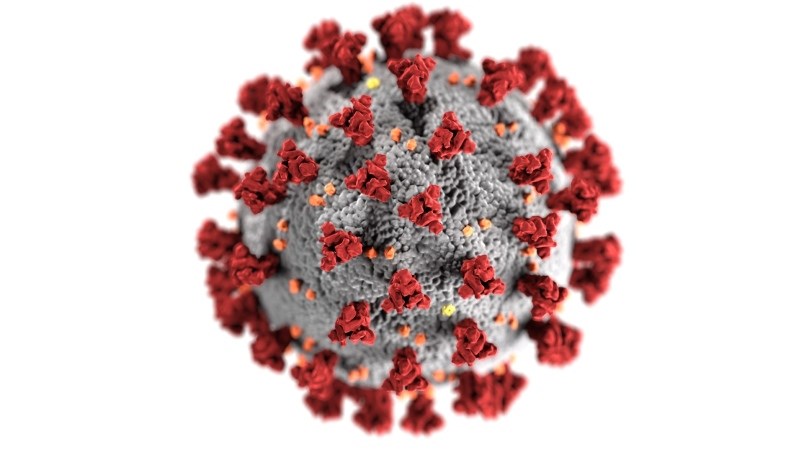A spike in COVID-19 cases in the Chinese city of Suifenhe, located on the border with Russia, has turned that city into China’s latest pandemic "battleground.”
As China has taken aggressive action to slow the transmission of the disease and get its economy back on track, there are fears the country could be hit with a second wave of the virus due to the increase of imported cases.
According to Chinese state media, Heilongjiang province, where Suifenhe is located, reported a total of 386 imported confirmed COVID-19 cases as of April 26. Suifeihe has now closed the border with Russia and has imposed strict quarantine laws to curb the spread.
China's Ambassador to Russia, Zhang Hanhui, said many Chinese nationals have come back from Russia as the pandemic worsens in that country. And the vast majority of those returning nationals have entered through the City of Suifenhe -- resulting in a boost of cases there.
Quanhui Wu, a Chinese national who tested positive after returning from Russia, told Beijing’s state media he had no other option but to come home.
"The place I live in Russia was ordered evacuated for disinfection, and it's difficult to find another place. My business was also hit hard by the virus, so I decided to fly home," Wu is quoted as saying.
Second wave is common in all influenza pandemics: local expert
Although many countries are preparing for the likelihood the virus will remain in circulation until next year, health experts in China have said they think the worst is over in their country.
Nanshan Zhong, China's top respiratory expert who helped detect and combat SARS in 2003, is reported to have said there likely won't be another outbreak given the country's strict containment measures.
"New cases might emerge among small groups of people. (However), I don't think there will be another outbreak under such stringent measures.
"Because each country has taken powerful approaches to contain the spread of COVID-19, different countries might see a turning point at the end of April," said Zhong.
However, Ken Denike, a UBC professor emeritus who has researched the geographic and seasonal factors associated with SARS and COVID-19, told the Richmond News a second wave occurs in all influenza pandemics. Although the second wave might not be as extreme, and for China the second wave will likely occur in summer when the impact is estimated to be less, Denike added.
Second wave is in our hands: local health expert
Susan Kwan, a specialist at Burnaby Hospital and chair of the World Association of Chinese Doctors Canadian Office, told the News it's challenging to control what's happening elsewhere in the world, but more waves will likely come if we don't follow health rules.
"The first wave of the pandemic hasn't ended yet in Canada. If we don't practice social-distancing or ignore suggestions from Dr. Bonnie Henry, the situation is only going to get worse.
"Viruses need to find a host in which they can invade and replicate themselves. If we all practice social-distancing and have good personal hygiene habits, the virus could disappear. But for people who choose to neglect those rules, it's like jumping from a high-rise, the outcome would be catastrophic," said Kwan.



